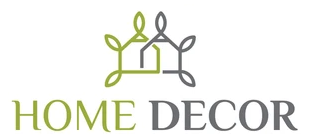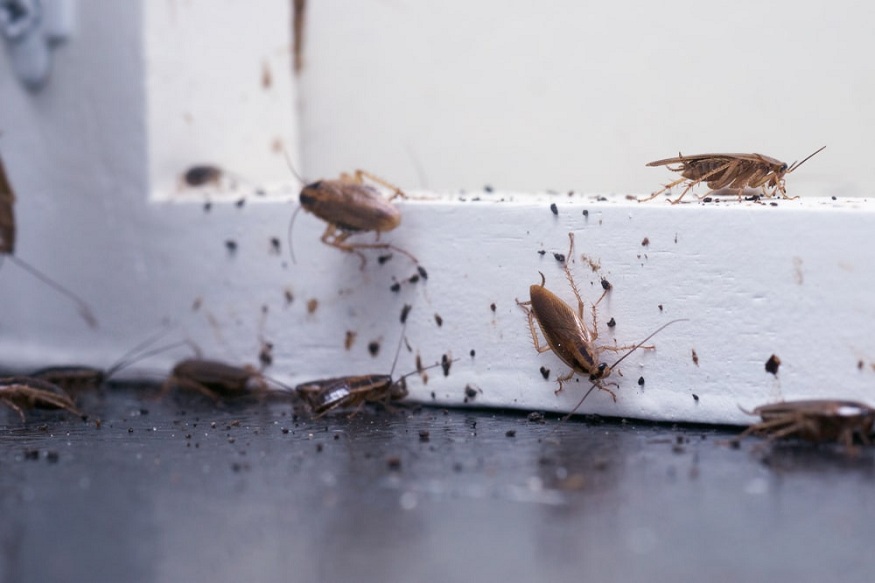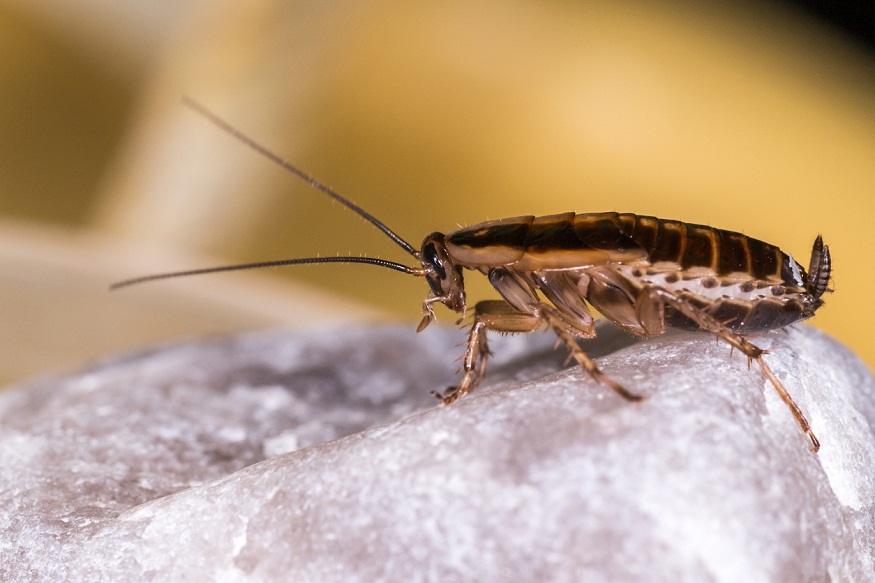Pest activity never takes a break — it just changes throughout the seasons. Indianapolis is subject to a variety of weather conditions throughout the year, creating a unique place for pests to gather somewhere outside your home to stay and also tend to determine when they are most active within. Knowing these seasonal trends with the help of Pointe Pest can better prepare and safeguard your home all year long.
Here is a seasonal guide to the most common pests and pest-related issues in Indianapolis:
Spring – Season of Awakening and Nesting
Once the weather warms and the ground thaws, pests that were hibernating at the surface will crawl to the top again. But spring is also the season when insects and rodents begin to forage for food, water and nesting sites, including our homes.
Average spring pest pressure in Indianapolis:
Ants: Odorous house ants and carpenter ants are frequent visitors to homes, making their way inside through the cracks and gaps looking for food and to nest.
Termites: Spring is the start of termite swarming season. Look for discarded wings or flying termites around windows and doors.
Spiders: As soon as the insects discover your house and love it, spiders follow them for a tasty meal. They commonly breed in your basement, attic, or closet.
Spring tip: Fill holes, fix leaky pipes and keep food sealed to discourage early infestations.
Summer: Peak Pest Pressure
Indiana summers are warm and humid which makes the ideal conditions for a variety of summer pests. The fact that pest populations abound in food and mating opportunities this time of the year, only has the power to skyrocket the former.
Common summer pests:
Mosquitoes: When it is hot and standing water is abundant, it is high mosquito season in the summer. They’re also more than just a nuisance — they can carry West Nile virus and other diseases.
Fleas and ticks: Pets and playing outside make it more likely these pests will work their way inside.
Wasps and bees: Nests are constructed anywhere that provides shelter — eaves, under decks and even inside wall voids. Wasps get aggressive in the summer — especially around food and garbage.
Cockroaches: These scurrying insects are drawn to warmth and moisture, so they often end up in kitchens and bathrooms.
Summer tip: Eliminate standing water, cut grass frequently and plan out proactive pest control applications to stave off infestations.
Autumn: Protecting Invaders From The Cold
And as temperatures cool, pests seek warm and sheltered locations to overwinter — often in walls, basements or attics of homes.
Typical Fall Pests in Indianapolis:
Rodents (mice and rats): Fall is prime time for rodent intrusions. They are looking for food and warmth, and once inside, they multiply rapidly.
Stink bugs and boxelder bugs: These insects gather on sunny exterior walls before slipping inside to hibernate.
Spiders: Certain species become more visible in the fall as they mature and seek mates.
Fall tip: Check your home’s foundation, seal up cracks and make sure doors and windows close tightly to keep out intruders.
Winter: The Dangers Lurking Indoors
As drawer-wanting as pests become outside in the Indianapolis area during the winter, don’t be misled by the cold. A quarter of some pests keep working indoors, where it’s warm, continuing to present health and property hazards.
Common winter pests:
Rodents: Mice and rats remain active nesting in walls, gnawing wires and contaminating food, once they find their way inside.
Cockroaches: They still infest kitchens and bathrooms, especially in older homes with ancient plumbing.
Bed bugs: They frequently hitchhike home during holiday travel and remain active indoors year round.
Winter tip: Store food in airtight containers, keep storage areas clean and consider, regular indoor pest inspections to help find issues not visible.
12-Month Plan For Pest Control In Indianapolis Homes
Every season has its pests that present themselves in Indianapolis, and year round pest control is not a luxury, but a necessity. Prevention of Total punning also includes the following:
Seasonal inspections
Your home should be airtight and weatherproofed
Regular yard maintenance
Seasonal custom pest treatment.
When you keep up with seasonal pest trends, your home will be safer, healthier, and more comfortable year-round.




